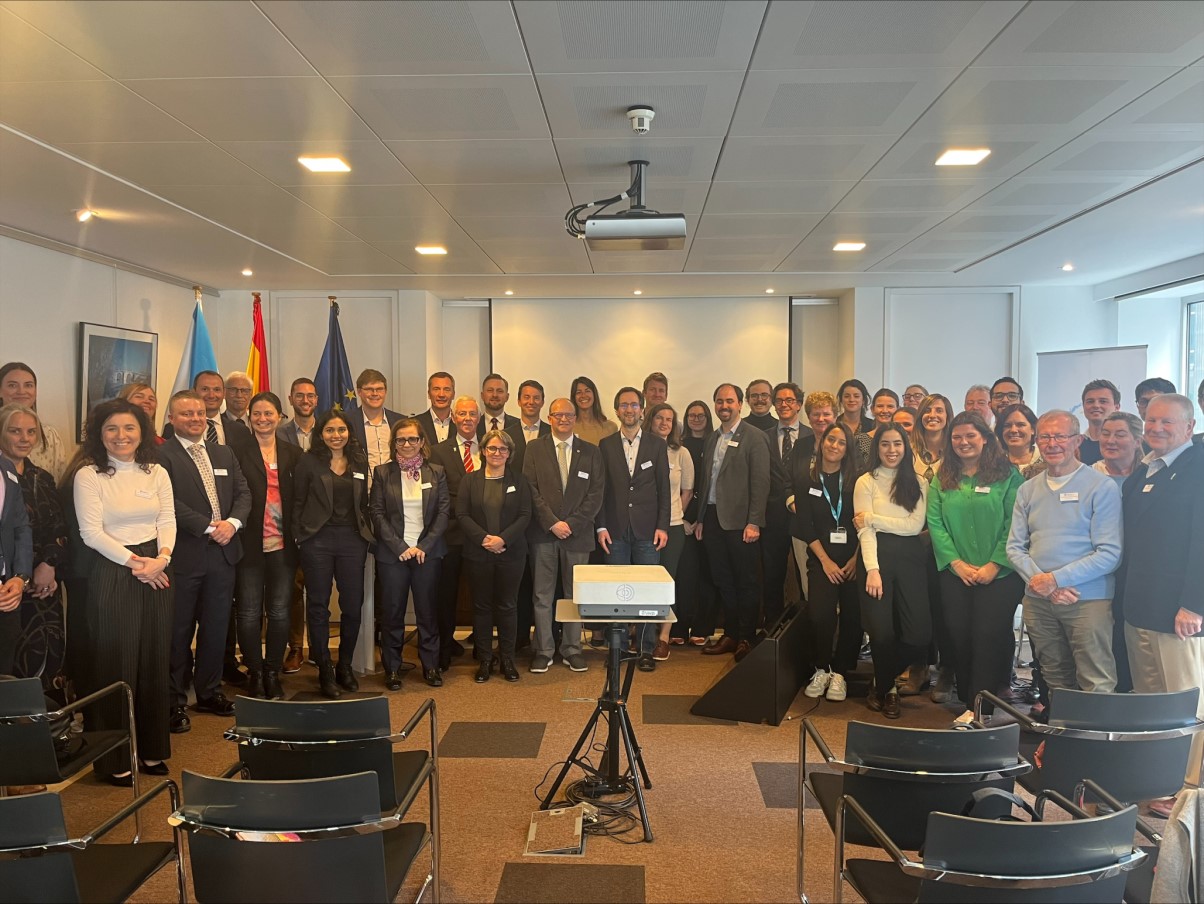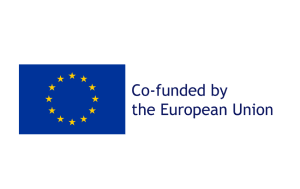PRAISE-U

Project Duration: April 2023 to April 2026
PRAISE-U is a multi-national-led consortium with the vision that EU member states should be able to offer high-quality clinical standards, including individualised approaches to improve screening of prostate cancer in men who can benefit from early treatment.
This project brings together key experts from various disciplines representing more than 10 EU member states, including academia, health authorities, medical societies, and patient representatives. Moreover, the European Association of Urology (EAU), with nearly 20,000 affiliated health care professionals and 50+ national societies, is uniquely positioned to enable good international cooperation, knowledge transfer between member states and design and implement screening strategies at national level.
The classic one size-fits all strategy for detection of prostate cancer has focused on detecting elevated PSA and direct prostate biopsies. PRAISE-U aims to revolutionise prostate cancer screening methodologies by using a risk-based approach and aligning with EU member states. Furthermore, the project will also create an online knowledge hub platform accessible to all stakeholders in the EU and beyond which will include organised workshops, conferences publications, reports, and guidelines. This platform will gather all evidence-based knowledge on screening strategies, specifically regarding their benefit-harm balance and cost-effectiveness. This knowledge sharing will be further strengthened by site visits.
ECO will have a supporting role in the communication and dissemination (WP6), and will be in charge of organising a Policy Summit on the topic of Cancer Screening and Early Detection bringing together other EU funded projects (SOLACE and TOGAS).
 Funded by the European Union. Views and opinions expressed are however those of the author(s) only and do not necessarily reflect those of the European Union or European Health and Digital Executive Agency (HADEA). Neither the European Union nor the granting authority can be held responsible for them.
Funded by the European Union. Views and opinions expressed are however those of the author(s) only and do not necessarily reflect those of the European Union or European Health and Digital Executive Agency (HADEA). Neither the European Union nor the granting authority can be held responsible for them.
This project is co-funded under the EU4Health Programme 2021–2027 under grant agreement no. 101101217.